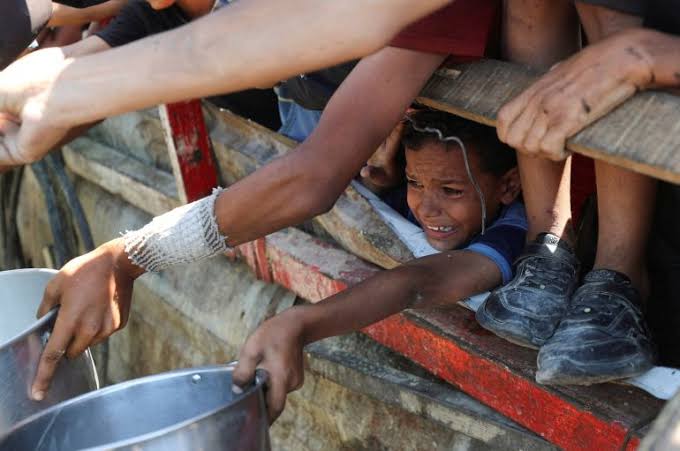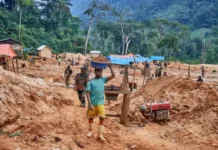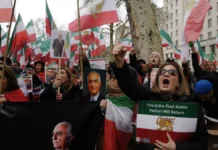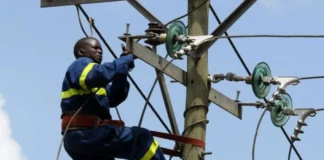A top United Nations official has described the humanitarian crisis in Gaza as “unbearable” while condemning the abuse of hostages still held by Hamas and other armed Palestinian groups.
Assistant Secretary-General Miroslav Jenča delivered a stark briefing to the Security Council on Tuesday, during a meeting requested by Israel following the release of harrowing footage of two Israeli hostages, Evaytar David and Rom Braslavsky. Both appeared emaciated and traumatised, with one reportedly forced to dig his own grave.
“These images, and their own accounts of their treatment, have horrified us all,” Jenča said. “They are an affront to humanity itself.”
He recognised the presence of Evaytar’s brother, Ilay David, who joined the session via video, and voiced support for families still hoping for the return of loved ones. “I share your dearest wish,” he said. “For your brother, and all hostages held in Gaza, to be immediately and unconditionally released.”
According to the UN, at least 50 hostages remain in captivity while 28 are believed to have died. Released captives have described mistreatment and severe deprivation. Jenča reminded the Council that hostage-taking is a war crime under international law.
At the same time, Jenča painted a devastating picture of conditions in Gaza, where over 60,000 people have been killed since the conflict began, according to local health authorities. He said hunger and violence dominate daily life, as aid deliveries remain heavily restricted.
“Civilians must never be targeted or deprived of food or aid,” he said, adding that blocking assistance is also a war crime. “Israel must immediately allow and facilitate rapid and unimpeded passage of humanitarian relief.”
Addressing reports that Israel may expand military operations throughout Gaza, Jenča warned of “catastrophic consequences,” including greater risk to the remaining hostages.
He concluded by urging a full ceasefire, mass humanitarian access, and the revival of political efforts to achieve a two-State solution, with Gaza as an essential part of a future sovereign Palestinian State.



















